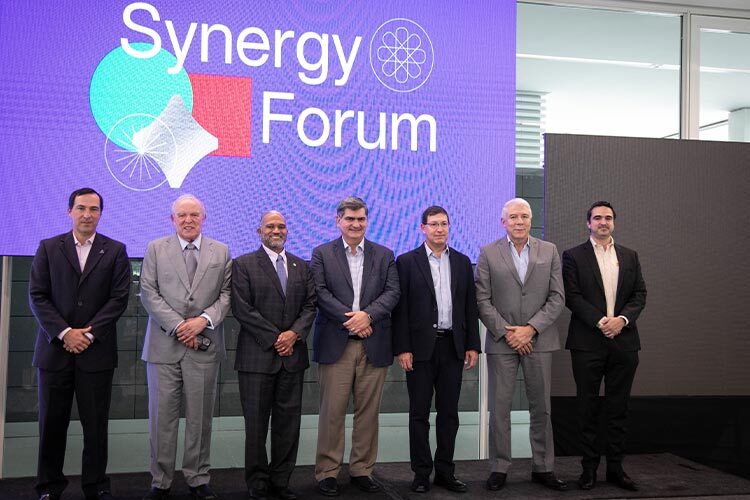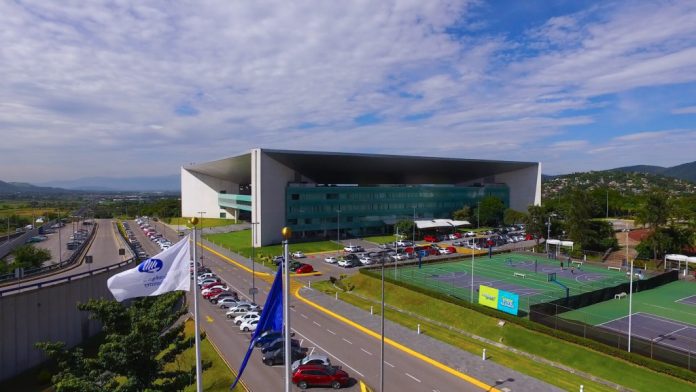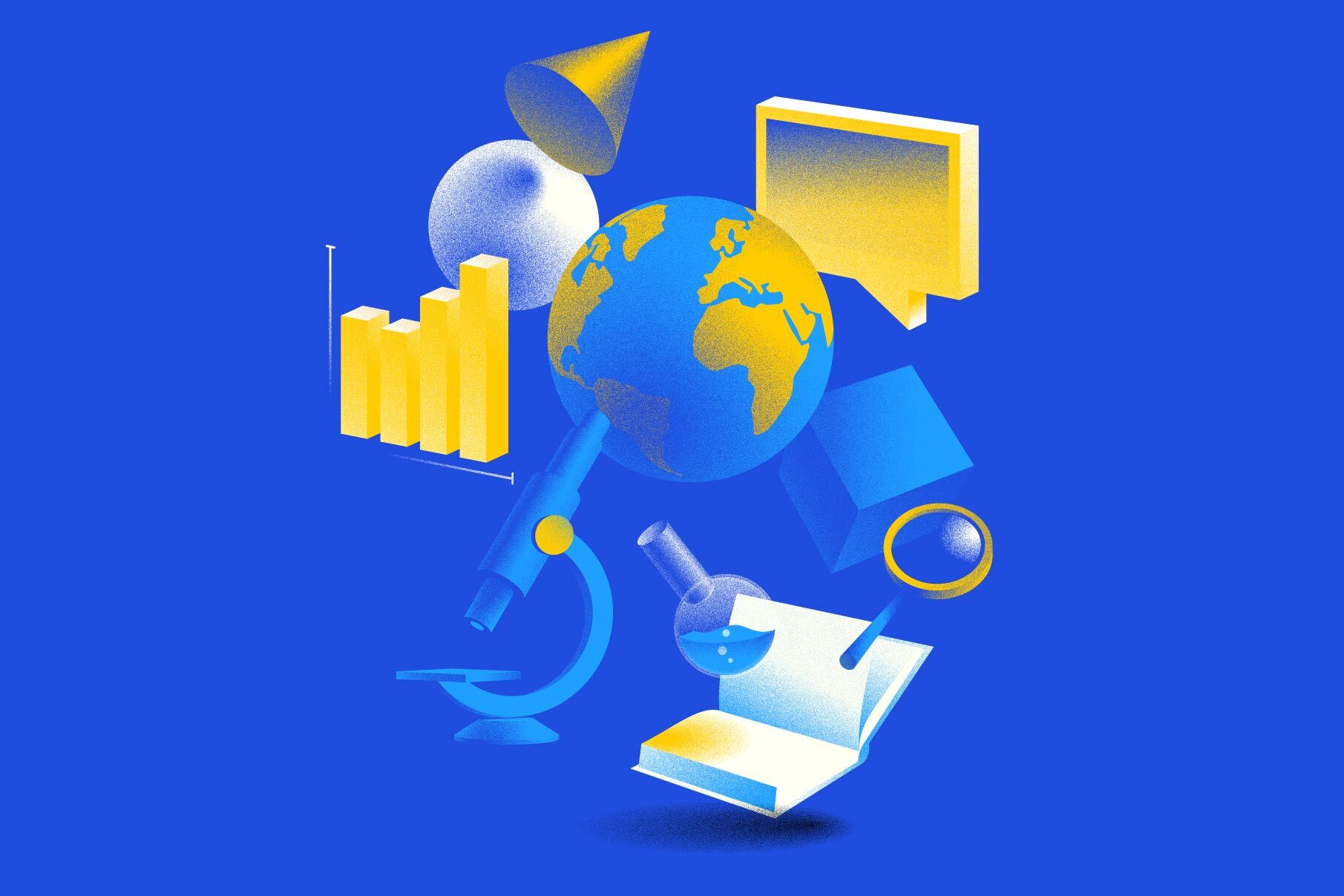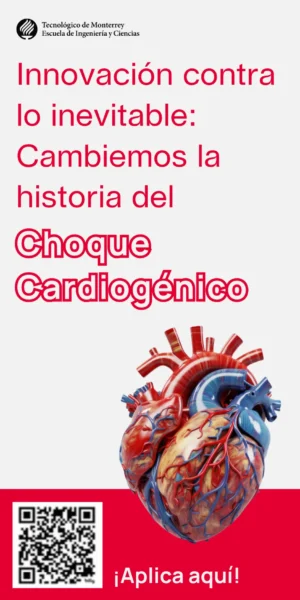Universities are essential to the success of manufacturing in Mexico. They educate and train professionals who drive companies to become more competitive.
“Right now, we’re focused on automation, and even more so with Artificial Intelligence in the areas of data collection and analysis to achieve quick results; that’s where efficiency lies. However, we also need to focus on educating our people so they have the skills and vision to move forward. These are the hands companies need to operate effectively,” said Daniel Córdova, Operations Director at Trane MTY.
This was one of the insights shared by the executive from the ventilation equipment company during the panel discussion titled “Technological Revolution: A New Era for Mobility and Manufacturing” at the Synergy Forum. The event, hosted by the School of Engineering and Sciences (EIC), also featured the introduction of a new research strategy.
Ciro Rodríguez, Leader of the Industrial Transformation Research Group, moderated the discussion, which included contributions from both industry and academic representatives.
Linking Businesses and Universities to Prepare the Workforce
Carlos Ramos, President of the Nuevo León Automotive Cluster, discussed how the connection between businesses and universities—starting even at the technical level—needs to be redefined to ensure that people’s education aligns with the industry’s technical needs.
“The turnaround time for adapting curricula is enormous; I can almost say that by the time things happen, the technology has already changed,” Ramos pointed out.
Related to this, Ramos sees a significant opportunity that needs to be addressed by all parties involved, as companies often have to ‘retrain’ young graduates once they enter the workforce. “Each industry has its own specifics; what’s important is to stay well-communicated and make adjustments quickly to align educational programs with industry requirements.”
Some of the skills required by modern businesses include new technologies, Industry 4.0, digitalization, AI, new materials, and STEM disciplines—science, technology, engineering, and mathematics—according to Juan Pablo García, Director of the Cámara de la Industria de Transformación de Nuevo León (CAINTRA) Nuevo León.
“I’m a lawyer, but I recognize that what’s coming and what we need to be better prepared for is this: administrative careers are not the future,” García said.
Nasser Mohamed, Director of Innovation and Technological Model Development at the Universidad Autónoma de Nuevo León (UANL), noted that while creating a new degree program can be relatively quick, it takes time for individuals to spend four or five years studying.
“From a societal perspective, we need to place more value on micro-credentials, continuous education, and certifications related to work. These can provide a quick adjustment and are something we are working on at universities,” Mohamed mentioned.
Córdova also highlighted that, in addition to technical preparation, companies require individuals to have soft skills such as communication and collaboration, which can be developed at universities.
The panel also addressed challenges related to sustainability, public policies, investment, and collaboration among universities, businesses, and governments.
High-Impact Research Shaping the Future
During the final day of the Synergy Forum at the Tec de Monterrey campus, Feniosky Peña-Mora, Executive Vice President of Research and National Dean of the School of Engineering and Sciences, emphasized the institution’s commitment to high-impact research.
“The future demands that we accelerate the development of solutions that positively transform our society, building a more sustainable and prosperous future for everyone,” Peña-Mora said.
He discussed the institution’s efforts in infrastructure, collaborations, and research, highlighting new areas of focus related to health, climate and sustainability, and industrial transformation.
David Garza, Rector and Executive President of Tec de Monterrey, underscored the importance of involving stakeholders from both the business and academic sectors to tackle complex challenges. He stressed the need to seize opportunities to advance towards a higher-value economy, with more jobs, increased production, and enhanced manufacturing capabilities.
“We envision a future where we can make a significant contribution through concrete projects and initiatives that can have a substantial impact,” Garza stated.
Are you interested in this story? Do you want to publish it? Contact our content editor to learn more marianaleonm@tec.mx















